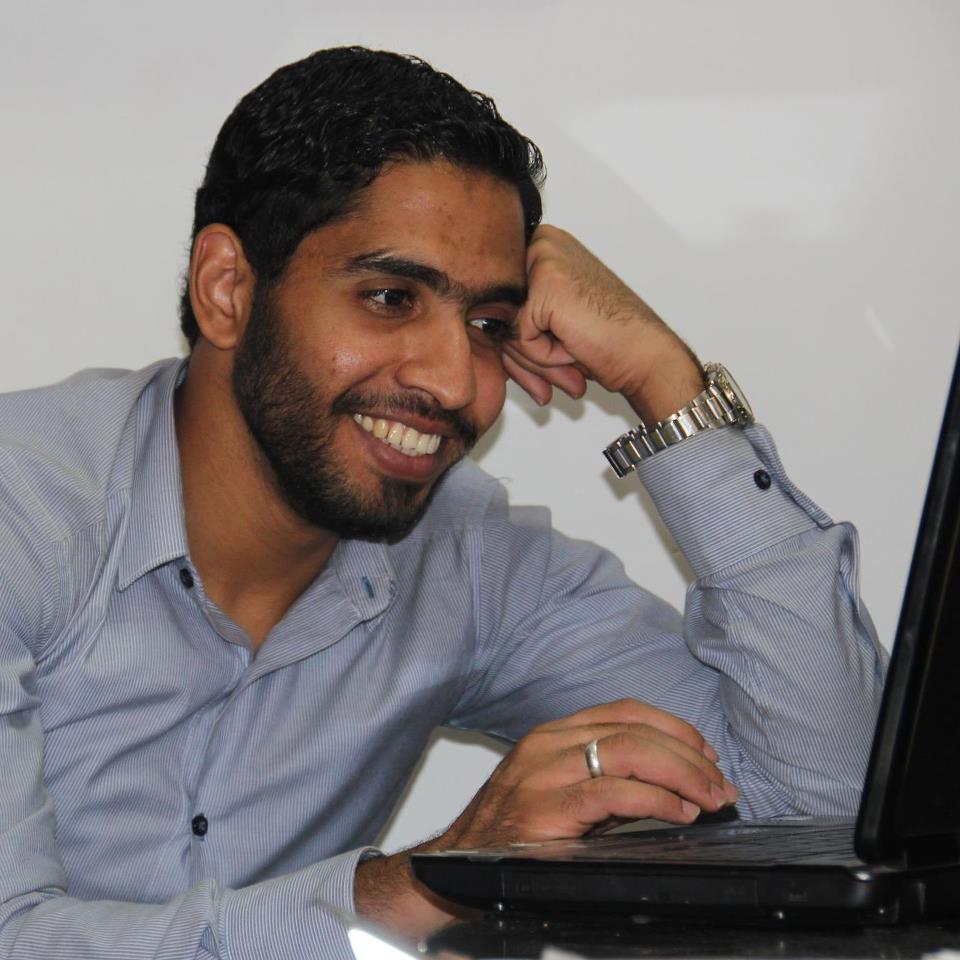Muslim dictatorships have caused a lot of frustration. These days Islamists – individuals and groups who believe that their system of government should be based on Islamic principles – are one of the leading groups challenging dictators. Unfortunately, while Islamists do want to usher in democracy, many then want to appoint a body of clerics to strike down legislation they don t approve of. Thankfully, today we see the emergence of a post-Islamist order among Muslims.
A new crop of Muslims has figured out how to reconcile liberal democracy with Islam. They have given up on creating religious organizations devoted to da’awa (Islamic evangelism) and have become organized as civil-political parties with platforms based on equality and pluralism. Part of the credit for the popularity of post-Islamism goes to theocratic Islamists. In their eagerness to merge religion with politics, they thought the result would be religion. Instead, the devout middle class realized that religion alone could not provide for their social concerns. Post-Islamism, thus, is the recognition that while religion may provide salvation in the next life, politics is what provides for welfare in this one.
Today, post-Islamist groups are at work in places like Egypt, Turkey and Pakistan.
One of Egypt s main post-Islamist parties is called Hizb ul-Wasat (the Center Party). It was founded in 1996, breaking away from the Muslim Brotherhood. The reasons for the split included the Brotherhood s unwillingness to accept non-Muslims as members of the party or as citizens of Egypt, unwillingness to cease splitting the world between the Abode of War and the Abode of Islam , and unwillingness to change their focus away from Islamic evangelism. Wasat calls itself an Islamic party but it is open to Christians and secularists. Rafiq Habib, a Protestant intellectual in Egypt, was among its founding members and is on its five-man board of operations.
The fundamental point that makes Wasat post-Islamist is that instead of defining Islam as a religion, it defines it as a culture, or civilization, which is inclusive of minorities. Thinking of Islam as a culture is similar to how certain people in the West refer to the West as Judeo-Christian while still leaving room for Muslims, Hindus, Buddhists, and others to practice freely therein.
The Wasat party s platform assures the separation of powers, rejects religious or gender-based discrimination, explicitly calls for pluralism and equality between men and women, and makes space for unions and syndicates. Most importantly, unlike the Brotherhood s platform it does not set up an extra-constitutional body of clerics who can veto legislation (like they do in Iran).
Although Wasat is a key example of a post-Islamist party, perhaps the most successful post-Islamist group is Turkey s ruling AK (Justice and Development) party which, like Wasat, originated by breaking away from an Islamist organization.
Three important benchmarks – women, the West and Israel – show that the AKP s breakaway from regular Islamists is conclusive. One of the first things that the AKP declared upon its election in 2002, as reported by the New York Times, was that secularism is the protector of all beliefs and religions. We are the guarantors of this secularism, and our management will clearly prove that.
Pakistan s Tehreek-e-Insaf (Movement for Justice) party is also developing a post-Islamist alternative. It has emerged only during the Musharraf years, led by cricketer-turned-politician, Imran Khan. One of the most notable elements about it is that it seeks to provide free education for women, legislation against sexual harassment, and affirmative action towards women, by utilizing Islamic welfare.
Just as Wasat has antagonized the Brotherhood in Egypt, Tehreek has criticized Pakistan s hard-line Islamist organizations for collusion with anti-democratic forces, again showing that post-Islamists are more concerned with the democratic pie than with appeasing Islamists. While Tehreek is nascent, it should be monitored closely, because it has increasing support among Pakistan s youth and expatriate communities. It should be remembered that it took Turkey s AKP barely 10 years from formation to become the ruling party.
Political Islam is in its third phase. The first round was revolutionary. The second round, still with us, became methodical but was still supremacist. The forthcoming post-Islamist push is committed to the democratic process and has ceased to think of itself as a religious movement, instead adopting a civil-political platform.
When post-Islamist groups come to power, they will be social conservatives focused on family and spirituality. A post-Islamist politician will sound somewhere between John Edwards and Mike Huckabee, i.e., faith informs one s legislation but is ultimately personal. In their foreign policy, they will reject intrusions upon their sovereignty from all foreign groups, including Nato on the one hand, and Al-Qaeda and the Taliban on the other. Because of their middle-class support base, they will generally abide by international norms and not launch themselves into international conflicts, finding them to be fiscally and socially expensive.
Just as Europe s Christian democratic parties gave birth to liberal democrats, it is likely that after consolidating power, post-Islamist parties will create space for openly secular parties to gain more traction.
Ali Eteraz is a social commentator and free-lance journalist. His website is alieteraz.com. This article is distributed by the Common Ground News Service (CGNews) and can be accessed at www.commongroundnews.org.

